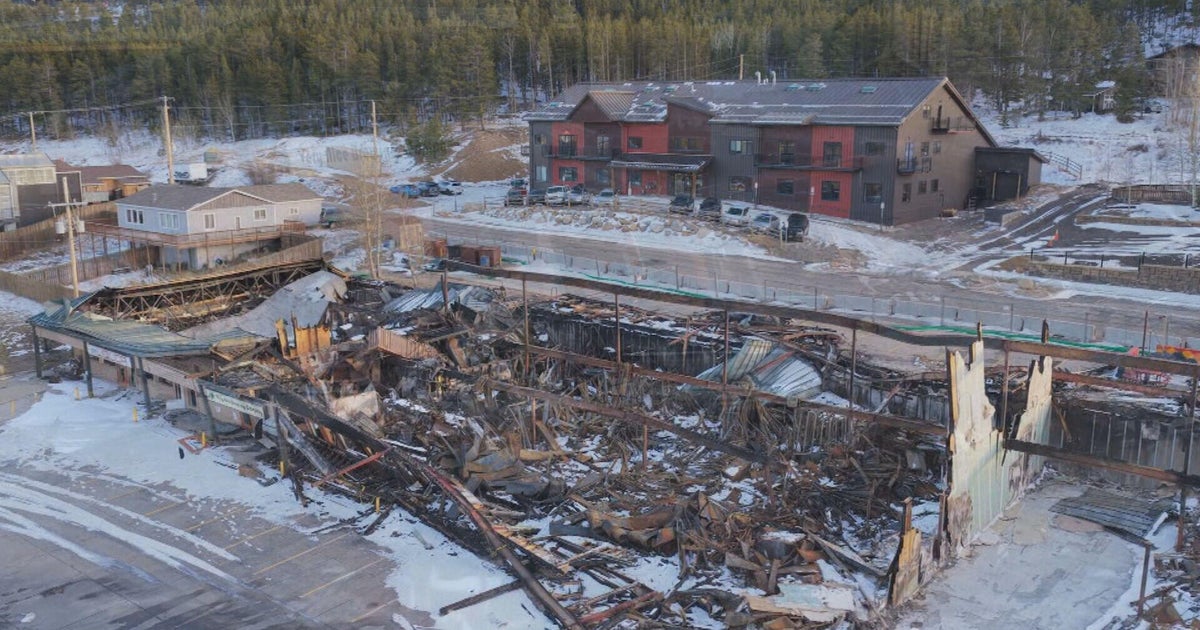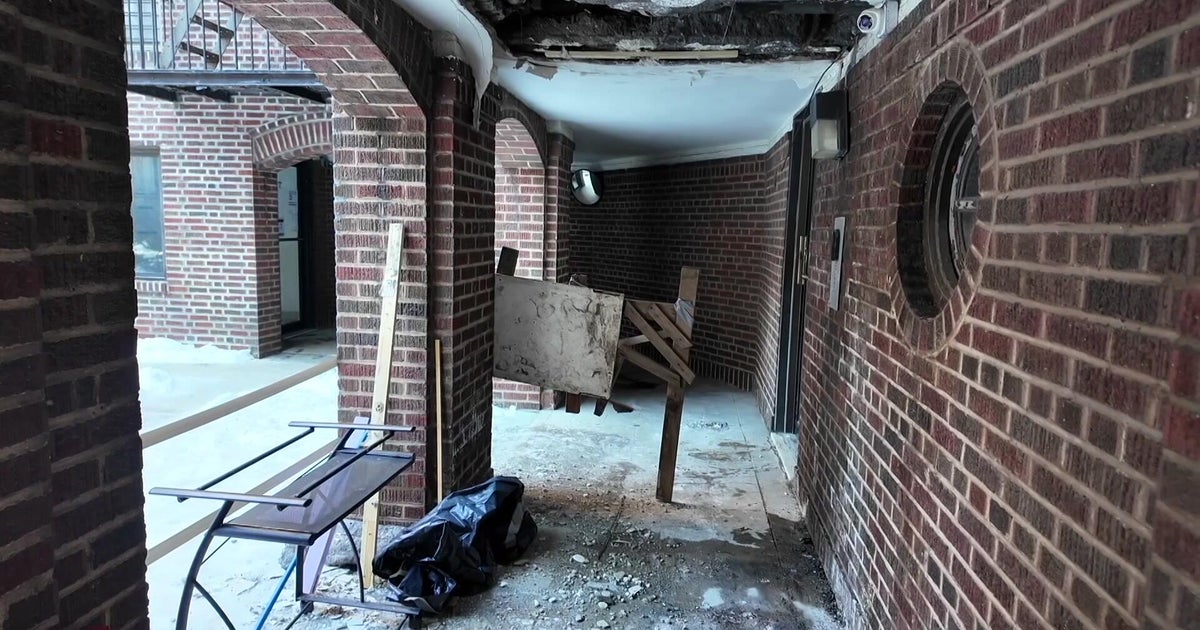Sued Commerce Complex Begins Asbestos Cleanup
COMMERCE (CBSDFW.COM) – A New Orleans-based management company has begun cleaning up asbestos debris that the city of Commerce sued them for improperly disposing of in 2008.
CBS 11 first reported on the suit on May 16, which claims New Orleans company Fountainbleau filled public Dumpsters with some of the asbestos-lined debris and buried the rest of it in a hole behind the Live Oak Apartments, a complex it owns in the city.
Environmental enforcement officials remain concerned that portions of the city's drinking water have been contaminated. The city and Fountainbleau have each taken samples of the water and are awaiting results.
"We want to make sure the soil wasn't contaminated with future rains would contaminate the water," said Richard Hill, director of Homeland Security in Hill County.
But residents say the company has dispatched crews, some of whom donned protective hazardous material suits, to begin removing the asbestos from the area. A Dallas-based company discovered the contamination in the walls, ceilings and tile after a fire destroyed one of the buildings in 2008.
"I don't want my children exposed," said Tina Jernigan, a concerned resident who has sent her young boys to live with other family members until the cleanup is finished.
"We didn't know nothing. We don't know nothing, and we are still in the dark," she said.
In the multimillion-dollar lawsuit, the city said it would have cost more than $80,000 to properly dispose of the debris in the first place.
"They are going to spend a lot more … than they would have the first time," Hill said.
Residents say they still haven't been issued a notice about the suit or the asbestos discovery. Fountainbleau officials said they would issue a statement, but had not as of press time.
"Nobody ever bothered to give us a report or nothing. I have asthma real bad and my lungs are getting worse," said Jean Huges, another apartment resident.
The city of Commerce wants the company to be penalized for violating the law. The attorney general's office has indicated it will pursue nothing less than the minimal fine, which is more than $2 million.







